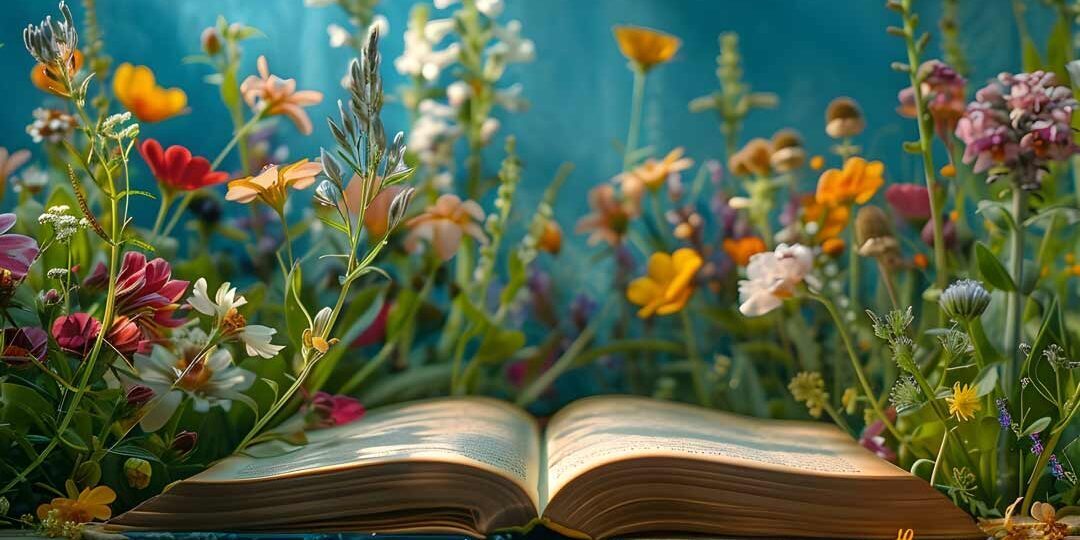The way I was taught to approach poetry at school, although fascinating in its own way, didn’t foster a long-term love of it. I remember there being so many things I was supposed to be able to say about a poem – about alliteration, rhyme, pentameter, simile, metaphor… More frustratingly I was supposed to ‘get’ the poem intellectually, and many times I didn’t.
But in recent years, I’ve rediscovered poetry through mindfulness and this is a whole new world!
Poetry is an available and priceless source of life-wisdom. It’s sad that so many miss out on this because they think they have to understand the poem from the head. When we receive our natural response to a poem mindfully ‘doors open up in the air,’ as American poet Jane Hirshfield puts it.
When we sit mindfully and allow the words, images, sounds and feel of a poem to drop into our mind/body/heart, we will notice natural responses moving within us – attraction, repulsion, insight, sadness, confoundedness, love… Amazingly, these arise autonomously, even when we don’t intellectually understand what is being said. In this way we discover the gold hidden in the often opaque words. Many poems have a gift to give us and, tantalisingly, the gift can be different for each receiver. But many poems also hold universal life-wisdom which then speaks to the well of wisdom within each of us. I love the feeling when the wisdom in a poem unites with my own inner knowing! Hearing the words, I feel the kindling of recognition stirring within me, feelings or sensations constellate and something is woken up from slumber, an inner light turns on and a bit of magic has sparkled into my present moment.
In this way poetry speaks to us at a depth that is rare and very precious. We can take this gift of light with us then, into our daily life and our mindfulness sits. Perhaps as little poetic mantras (a line or phrase from a poem), as instructions for living well or as instruction for practice itself. My notebooks and kitchen cupboards carry many scribbled reminders. My texts, emails and cards to others are sometimes sprinkled with what I hope are appropriate poetic quotes, to bring comfort, empowerment or wisdom.
At its best poetry encourages a blooming of our humanity and contemplative potential. I have been struck by how, in poetry books and on websites, we can find a compendium of spiritual insight to rival any religious tome. Interesting that in the West many of us think of ourselves as living in a secular world, and yet the ancient mystical insights of the world’s contemplative traditions are popular and at our fingertips like never before. Bookshops and online stores stock the likes of Rumi, Hafiz, Kabir, Teresa of Avila and St. Francis of Assisi. Meanwhile more recent poets craft words that are full of a new more contemporary flavour of deep humanity and mysticism – I’m thinking Mary Oliver, Pablo Neruda, Jeff Foster, T. S. Elliot to name but a few.
Each time I start a new Mystical Poetry meets Mindfulness course, I find myself suggesting that we back-peddle away from a technical, analytical style of looking at poetry. Instead, we practice ‘receiving our response’ to a poem. American poet Billy Collins guides us in this beautifully by saying the following:
I ask them to take a poem
and hold it up to the light
like a color slide
or press an ear against its hive.
I say drop a mouse into a poem
and watch him probe his way out,
or walk inside the poem’s room
and feel the walls for a light switch.
These instructions light me up with a sense of the magic that poetry can bring, when we receive it with our whole being. This is why I think that poetry and mindfulness are a match made in heaven!
Let me finish with a line that I just found written in my diary:
‘We need as human beings, the vessel and the lantern that poetry offers.’ (Jane Hirshfield)
• • • • • • • • • • • • • • • • • • • • • • • • • • • • • • • • • • • • • • • • • • • • • • • • • • • • • • • • • • • • • • • • • • • • • • • • • • • • • • • • •


